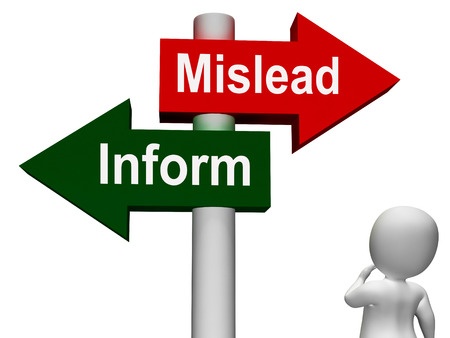Overview
Recently, the Appellate Court for the Fourth District issued a decision in Allen v. Clark County Park District Board of Commissioners, 2016 IL App (4th) 150963, dealing with Section 2(e) of the Open Meetings Act. This section specifically provides as follows:
Final action. No final action may be taken at a closed meeting. Final action shall be preceded by a public recital of the nature of the matter being considered and other information that will inform the public of the business being conducted.
In Allen, the park district board conducted its regular meeting and considered two items on its posted agenda: “X. Board Approval of Lease Rates” and “XI. Board Approval of Revised Covenants.” During the meeting, the board entertained and subsequently voted to approve the lease r ates “from [an] appraisal.” Next, the board voted to approve the revised covenants. From the text of the court’s decision, it appears that no discussion or explanation of either item occurred. In fact, a board member indicated that there would be a public viewing of the documents after their recording. In addition, when a member of the public asked the board to describe what it had just voted on, the same board member responded that “they gotta [sic] get recorded at the courthouse first. I’m sorry.”
ates “from [an] appraisal.” Next, the board voted to approve the revised covenants. From the text of the court’s decision, it appears that no discussion or explanation of either item occurred. In fact, a board member indicated that there would be a public viewing of the documents after their recording. In addition, when a member of the public asked the board to describe what it had just voted on, the same board member responded that “they gotta [sic] get recorded at the courthouse first. I’m sorry.”
Plaintiffs sued the board and claimed, among several things, that the board failed “to give a sufficient recital of items X and XI before taking action on those items” in violation of Section 2(e) of the Open Meetings Act. After this claim was dismissed, plaintiffs appealed.
On appeal, the Appellate Court for the Fourth District found that the board’s introduction of agenda item X, the lease rates and item XI, the revised covenants, failed to provide sufficient information “to inform the public of the ‘nature of the matter’ and the ‘business being conducted.’” In its decision, the court made reference to an earlier decision in Board of Education of Springfield School District No. 168 v. Attorney General of Illinois, where it held that Section 2(e) does not require that public body provide a detailed explanation about the significance or impact of the proposed final action, but noted that Springfield did not “stand for the proposition that the public body may provide no details at all.” Of particular importance to the court was the board’s failure to answer the public’s questions and explain what the board had voted on and that the public would have to wait until documents were recorded. This fact clearly tipped the scales in favor of the plaintiffs.
Notably, the court did not define a standard regarding the specificity required for the “public recital” provision in Section 2(e). Instead, it deferred this matter to the Supreme Court where the Springfield case is currently pending. Indeed, oral arguments before the Supreme Court in the Springfield case occurred the day before the court’s decision was issued. Until the Supreme Court defines the “public recital” standard, public bodies should ensure that enough detail is included in agendas to inform the public of the nature of the matter and business being conducted, and to introduce some details of the items in question prior to final action being taken.